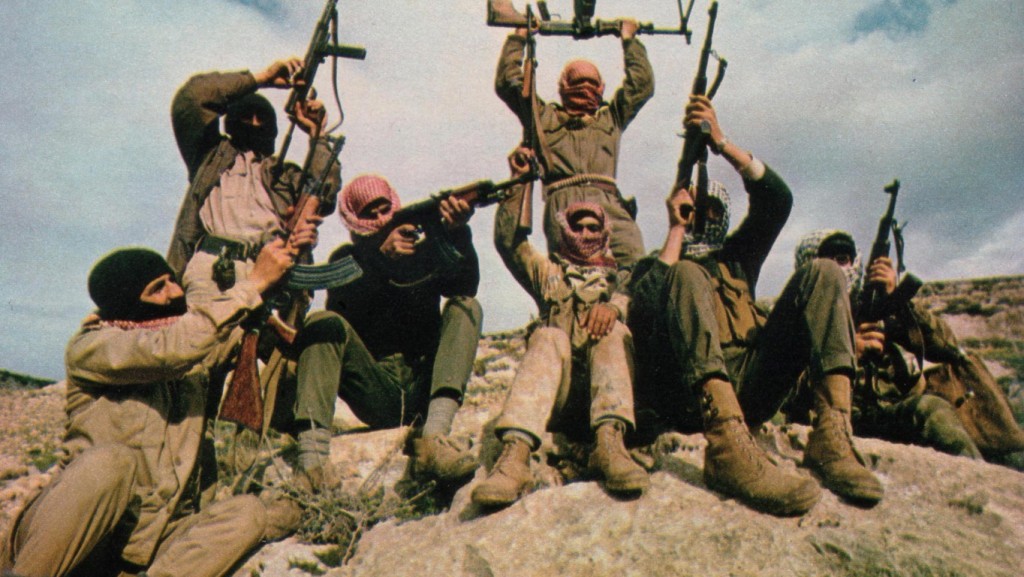With the increasing number of terrorist attacks in Europe passionate debates all around in the ether picked up in pace, scrutinizing a range of complementary topics – from the circumstances of individual attacks, sources and causes of terrorism to distinct analyses of motives presumably prompting terrorists to carry out their disdainful acts of violence. The popular discourse often contains pop-ups of many myths or extreme ideas echoed and repeated perpetually throughout the years, without ever being proved or vindicated in a satisfactory way.
One of the most established and common myths accuses poverty, social exclusion, inadequate education and poor social conditions in general as the main reasons and driving forces behind terrorism, supposedly propelling one to desperation and subsequent radicalisation, followed by a determination to commit acts of terrorism. This syllogism has long been (and still is) favored in the ranks of the Western “sophisticated” Left. It suits perfectly their critique of capitalism. According to their morose logic, it is no one else but us who are responsible for terrorist attacks as our cynical capitalist system not only constitutes a direct cause of poverty in most parts of the world, but it also exploits many countries, or otherwise turns a blind eye to the continuation of poverty in others and is thus asking for trouble, as it does not try to prevent problems even if it could.
Notwithstanding these ideological odiousness, we have to admit that many people without ideological prejudices imagine the picture of a typical terrorist-desperado who was plainly coerced to choose a tragic path as a consequence of his poor origins and social conditions. In spite having the inner feeling that this argumentation has its central logic (recently receiving support and adherence by Pope Francis), the pretence might be fooling us this time. After all, all we need is to look at scientific studies analysing this specific problem.
In 1983, the authors of a newly resealed paper collected all available information at the time of more than 350 members of various terrorist organisations that carried out terrorist attacks in Latin America, Europe, Asia, and the Middle east between 1966-1976. The analysed sample group contained individual members of eighteen “revolutionary” groups, including the Red Brigades from Italy, Baader-Meinhof from Germany, the Japanese Red Army, IRA from Northern Ireland, or the People´s Liberation Army of Turkey. The study´s authors concluded that it was impossible to prove any causal relationship between terrorism and an adverse social background or a terrorist´s inadequate levels of erudition. On the contrary, the research has shown that an ample majority of individuals involved in terrorist activities received better education than their fellow citizens. More than two thirds of all arrested terrorists came from middle or higher social classes in their respective countries.
Another study, conducted in 2003, attempted a similar analysis, this time on a sample of Hizballah´s military wing members and Palestinian suicide bombers. Available data exposed no direct correlation between poverty, insufficient education, and terrorism. The same conclusions, without the help of any research or study, can be drawn from the case of the most prominent terrorist in the world. Osama bin Laden was the opposite of a poor and uneducated hoodlum, as he was from an eminently wealthy family, having paved his way through excellent education.
Economics can thus contribute to the debate on terrorism with at least two relevant observations. First, although it does not say what the true causes of terrorism are, it does state that poverty and poor education are not the answers to the question. Rather, we have to investigate somewhere else, for example in the ideologically and religiously ignited hatred. Secondly, worldwide investments in the elimination of poverty and improvement of education, even if being praiseworthy, do not provide a solution to problems related to terrorism.
Translated by Edward Szekeres



